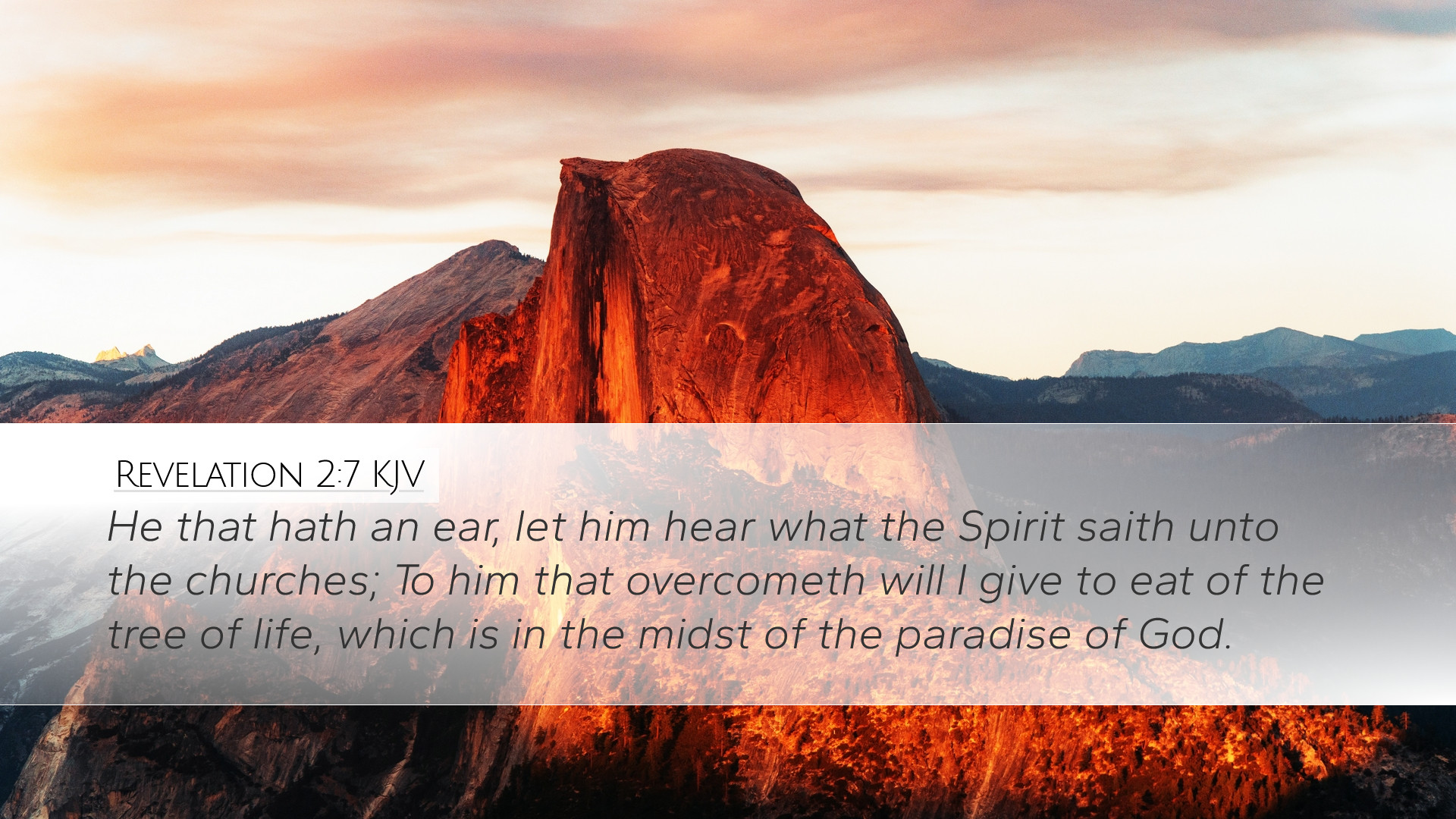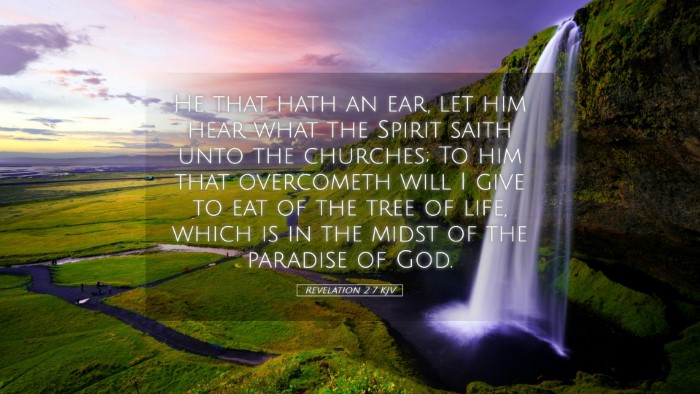Old Testament
Genesis Exodus Leviticus Numbers Deuteronomy Joshua Judges Ruth 1 Samuel 2 Samuel 1 Kings 2 Kings 1 Chronicles 2 Chronicles Ezra Nehemiah Esther Job Psalms Proverbs Ecclesiastes Song of Solomon Isaiah Jeremiah Lamentations Ezekiel Daniel Hosea Joel Amos Obadiah Jonah Micah Nahum Habakkuk Zephaniah Haggai Zechariah MalachiChapter
Revelation 1 Revelation 2 Revelation 3 Revelation 4 Revelation 5 Revelation 6 Revelation 7 Revelation 8 Revelation 9 Revelation 10 Revelation 11 Revelation 12 Revelation 13 Revelation 14 Revelation 15 Revelation 16 Revelation 17 Revelation 18 Revelation 19 Revelation 20 Revelation 21 Revelation 22Verse
Revelation 2:1 Revelation 2:2 Revelation 2:3 Revelation 2:4 Revelation 2:5 Revelation 2:6 Revelation 2:7 Revelation 2:8 Revelation 2:9 Revelation 2:10 Revelation 2:11 Revelation 2:12 Revelation 2:13 Revelation 2:14 Revelation 2:15 Revelation 2:16 Revelation 2:17 Revelation 2:18 Revelation 2:19 Revelation 2:20 Revelation 2:21 Revelation 2:22 Revelation 2:23 Revelation 2:24 Revelation 2:25 Revelation 2:26 Revelation 2:27 Revelation 2:28 Revelation 2:29

